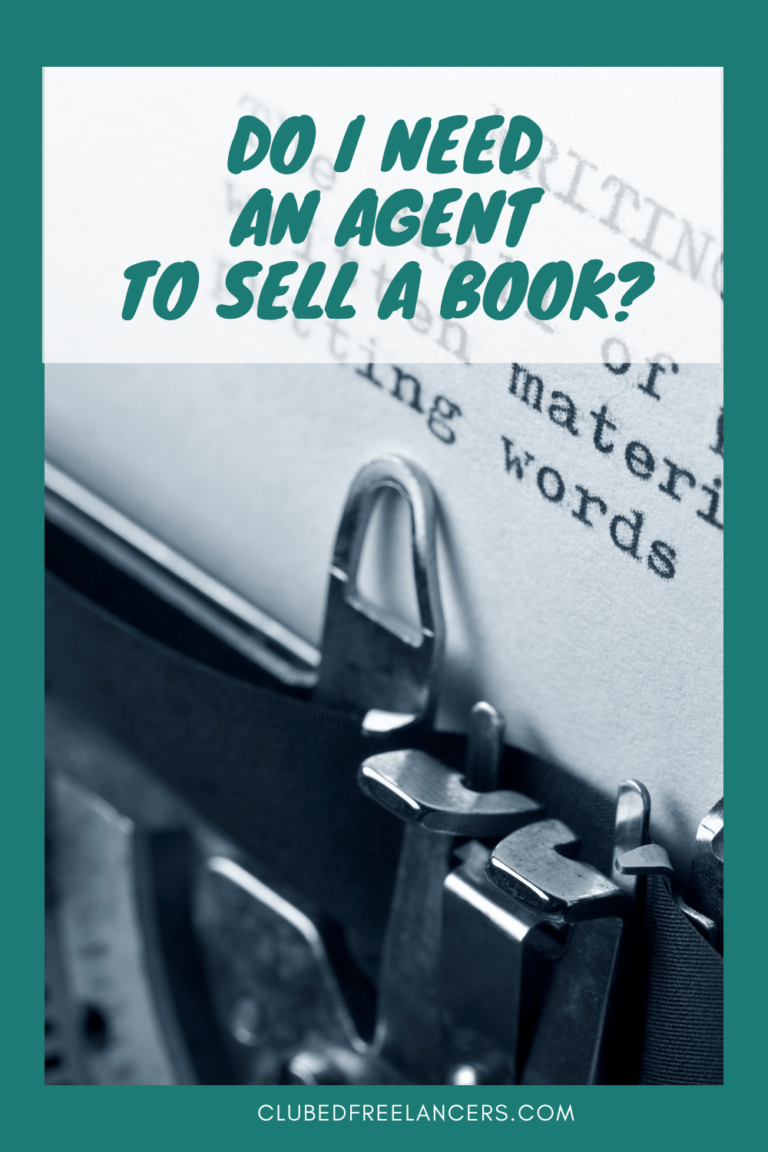How long does querying take?
Writer Question: Exactly how long does querying take?
I’m often asked how long it takes to hear back from editors or agents. Maybe a writer has an agent who has submitted a proposal or a manuscript, and she’s biting her nails waiting to hear back, or she’s submitted the full manuscript of her novel at an agent’s request and is wondering how long it will take to hear a yes or no.
I understand how hard it is to be patient; I am as neurotic as the next writer. What writers want me to tell them is “six days.” Or forty-three, or nineteen, or even one-hundred-seventy-six, as long as I promise they will hear back by then.
It’s the uncertainty they object to, not the elapsed time. Which is why no one ever wants to hear my answer, which is: “It depends.”
It depends…
Asking, “How long does it take to hear from an editor/agent?” is like asking, “How long is a piece of string?” I can tell you that no usually comes faster than yes, so be careful what you wish for.
I can tell you that editors with more seniority generally respond faster because they have to do less hoop-jumping to make an offer and are more likely to know if something is going to get past the acquisitions committee.
By the same token, some agents and agencies have more clout, and editors will respond more quickly to submissions from them.
Projects that have huge commercial appeal will go faster than projects of less commercial appeal or with non-celebrity writers.
Other than that, it depends on how strongly the editor feels about the project, how much buy-in she needs to get from others to make it fly, how full her list is (not to mention her workload), who’s on vacation, and even how well another book on a similar topic is doing.
You may get an offer in a few days or weeks (I’ve had that happen). You may get an offer after many months (Ditto). You may never get an offer. You may never even hear back.
So instead of worrying about “when,” accept that it will be seven months from now, be pleasantly surprised when it isn’t, and get to work on your next project.
Other Helpful Content
-
How to Create Defensible Edits
As a developmental editor, you need to know how to create defensible edits of a manuscript to help authors put out their best work. Tips for How to Create Defensible Edits When you’re doing a developmental edit—looking at the big-picture overview of a novel—you’ll generally be expected to provide two main services: The editing on…
-
When Is a Book Ready for Editing?
Both authors and editors have the same question at some point in the book writing / publishing process: When is a book ready for editing? So When IS a Book Ready for Editing? The creative process is not timely and linear, which is why, as an editor, I don’t book edits before an author’s manuscript…
-
Effective Client Communication for Book Editors
Managing client expectations is necessary for a successful business so here are my tips for effective client communication for book editors. My Top Tip for Effective Client Communication for Book Editors One way to avoid an unhappy client is to communicate all relevant information from the very beginning of your relationship with them. Clearly stated…
Join the Club!
New to story editing? Begin at the beginning.



